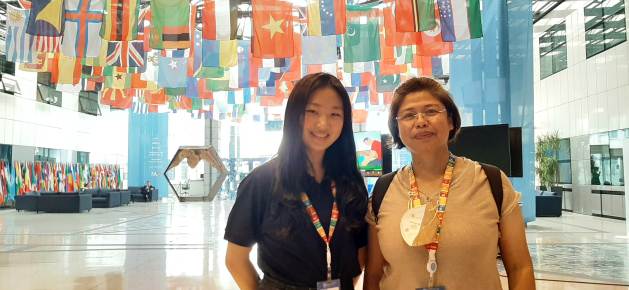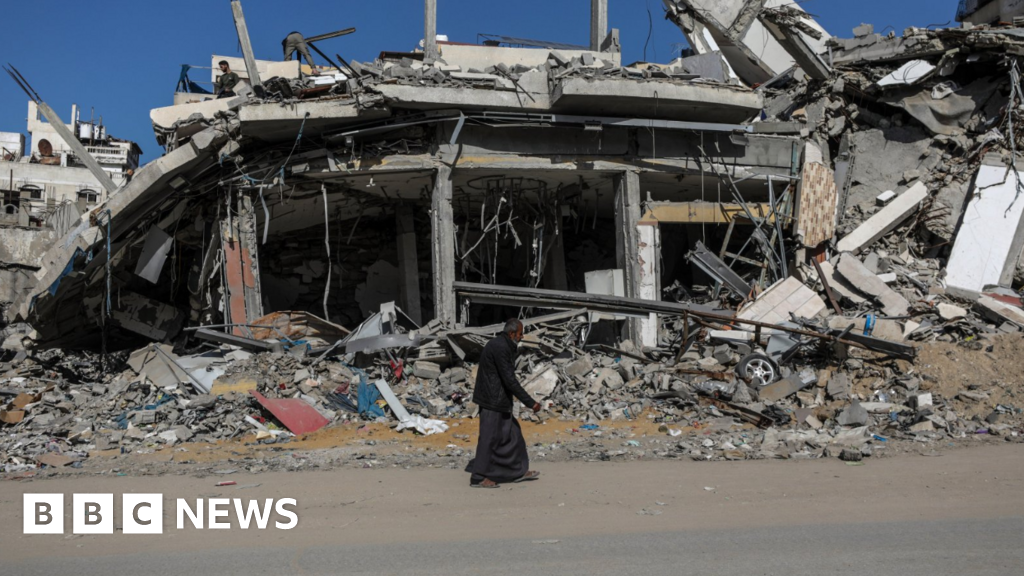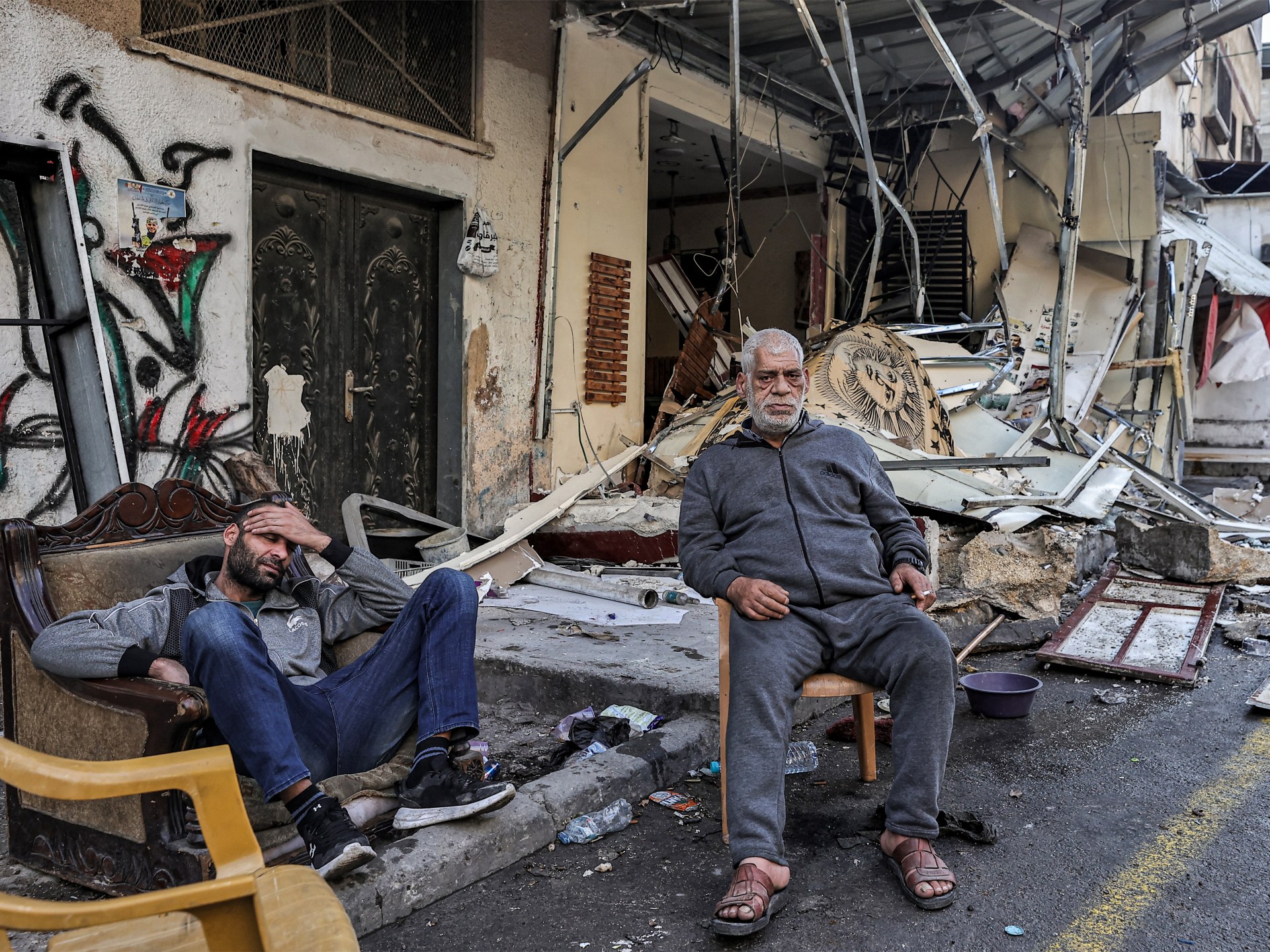International Cooperation Starts Early in South Korea — Global Issues
ROME, May 03 (IPS) – When pupils from the Chadwick International School went on an exchange trip to their math teacher’s homeland the Philippines they were faced with a mystery. The kids from their twin school were warm, friendly and fun hosts.
But when lunch time came around, instead of sitting down with their South Korean guests and joining them to eat, they would stay away and watch from a distance.
It seemed uncharacteristic – almost rude.
Coming from prosperous families, it did not immediately dawn on the visitors that their hosts were foregoing lunch not out of impoliteness, but because of poverty.
“That was an utter shock to us. They couldn’t afford food,” Seoin Yang, a high-school student at the Chadwick International School in the Korean city of Songdo, near Seoul, told IPS.
“As sixth graders and as people who had never witnessed such situations in real life, we couldn’t really say anything or do anything.
“Our temporary solution was to not eat and give our food to them. But that wasn’t really a solution”.
It would have been easy for the group to put this ‘shock’ behind them once they returned home and concentrate on their busy lives of study, hobbies, sports and social activities, like most teens.
Instead, they decided to try to do something that would make a difference, launching a programme to provide their new Filipino friends with breakfast and lunch at their school in Labo, in the province of Camarines Norte.
It is not easy to set up a programme in the Philippines from South Korea and they ran into a host of difficulties.
But they managed to get the project off the ground, raising money and working with the school in the Philippines, with volunteer teachers and parents doing the cooking.
“We started off by serving 50 students and the response was really positive because a lot of the students had had to drop out of school because they couldn’t afford food,” said Yang.
“But then they could continue with school. We also used a local market for the food so that we helped the local economy and the local farmers there”.
They raised the money by doing things like selling snacks during school events, applying for grants and getting private-sector partners on board.
In the second year they helped build a school kitchen and subsequently expanded the programme to more schools.
Then the COVID-19 pandemic made adjustments necessary.
“When COVID hit and the students stopped going to school, we decided to modify our programme and provide a food packet for them, still incorporating the local economy, still putting in all the nutritious food, but in a packet,” said Yang.
“The parents could come to school every week on a Monday to pick up these packets,
“They shared the food with their families and so we not only fed the students but the families too”.
The cost-of-living crisis had an impact too. Indeed, after five years the programme had to be suspended for a period due to soaring prices.

But the group recently managed to get it going again, raising money to provide meals for 155 students in three different schools. A Chadwick party is going back to the Philippines this month.
The programme might be relatively small-scale but it has made a big difference to the young people who have benefitted from it.
Last year 32 students who had been having school meals thanks to the programme since grade seven graduated from high school.
Five of them got scholarships and are now studying engineering at university.
“We believe that we are not just solving hunger (for the pupils we help), we are also trying to solve education, health and wellbeing issues,” said Yang.
“Often children have to work with their family to earn money if they are poor, rather than staying at school. As children don’t have a lot of skills, the only job they can do is labouring, which doesn’t pay them a lot.
“It’s just like a cycle. They can’t go to school if they don’t have food, so they have to give up on their education, which means the poverty continues”.
Rosanna Claudia Luzarraga, the math teacher who first took the students to the Philippines, said she is “honoured” to have the kids who launched the programme.
But she also stresses that the South Korean kids have been enriched by it too, building skills, making friendships and learning to appreciate what they have.
“We go to the Philippines every year and, during that time, there is a consultation, we call it a student congress, so the student leaders there meet the South Korean students and they discuss what is good about the programme and what we can improve,” Luzarraga told IPS.
“Part of it is shadowing. So they follow one of the recipients at home, they see their house, and walk with them.
“In one case we walked 14 km because the kids went home and it was seven kilometres going home and seven kilometres going back.
“You develop empathy for someone. They are learning from the other students. It’s not just a case of us doling out aid.
“It’s not simply giving. It’s always two way.
“From what I have seen from my students and from the students in the Philippines, there’s a connection.
“You take care of each other. They are building relationships and this is the most important thing”.
Both Yang and Luzarraga think the programme is a model for solidarity that can easily be replicated by other institutions.
“The first step is always the hardest. In the beginning it all seems so intimidating,” Yang said.
“People say solutions have to be innovative. Sometimes they do, but sometimes they don’t.
“Even the simplest solutions can work the best.
“For us it was that the students couldn’t afford food and we provided them with food.
“That was our solution. It wasn’t innovative at all but it had a huge impact on the students.
“So just think simple and go for it”.
© Inter Press Service (2023) — All Rights ReservedOriginal source: Inter Press Service
Check out our Latest News and Follow us at Facebook
Original Source







